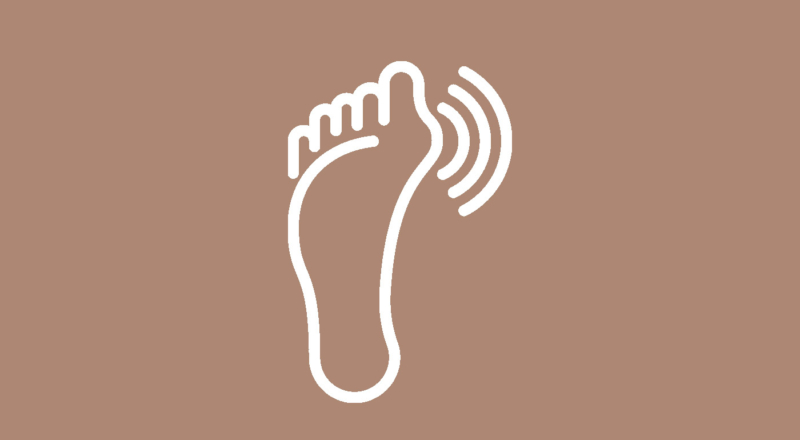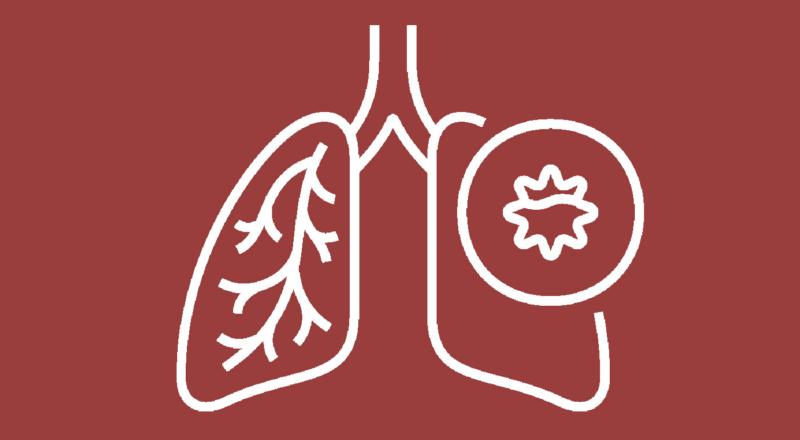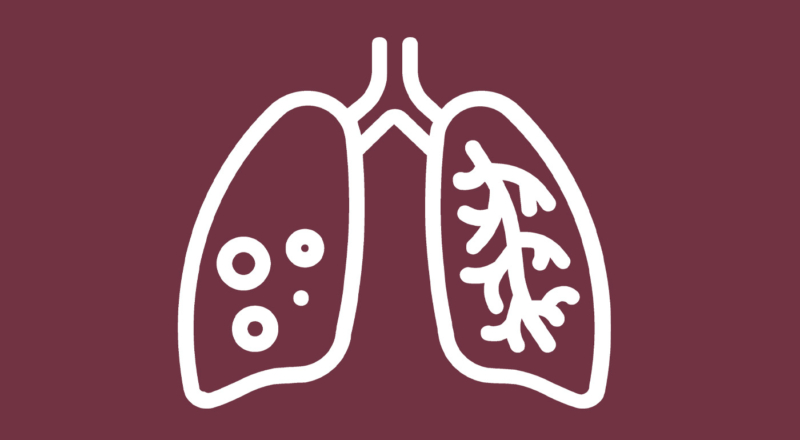
Are you noticing unusual swelling in your body? This could be a condition known as edema, which occurs when excess fluid accumulates in your tissues. Symptoms can range from facial puffiness to unexplained weight gain, making it essential to identify them early. To help you better understand your condition, here are 12 common signs of edema, along with guidance on when to seek medical attention. Early recognition of edema can lead to more effective treatment.
Continue Reading








Disclaimer: The content provided on this website is intended for general informational purposes only and should not be considered a substitute for professional medical advice, diagnosis, or treatment. Always consult your doctor or a qualified healthcare professional with any questions about a medical condition or treatment options.
© FamilyHealthNews.com 2025
